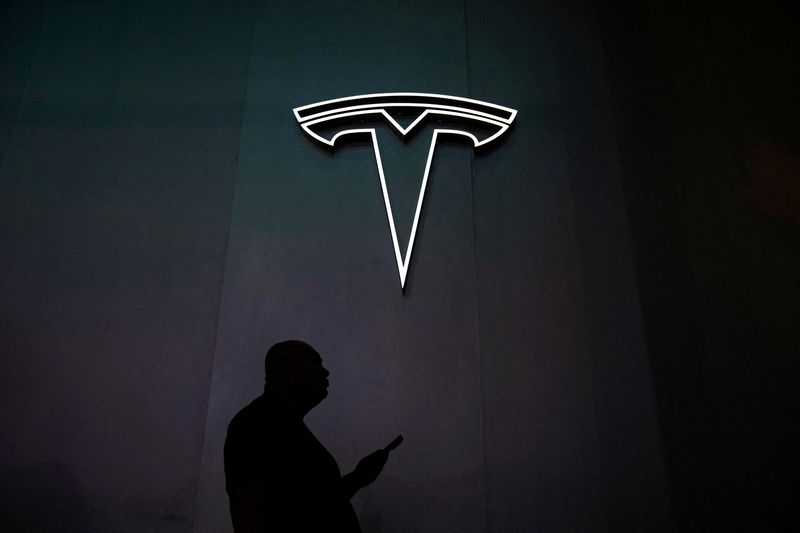Investment bank Jefferies hosted a discussion focused on the upcoming Tesla’s annual shareholder meeting, where participants, among other things, outlined the potential scenarios that could lead to Elon Musk increasing his ownership in the electric vehicle (EV) giant.
According to a legal expert, the Tesla (NASDAQ:TSLA) CEO can obtain a stake of as much as 25%.
One of the key components of this possibility revolves around the ongoing legal case in Delaware regarding Musk's 2018 compensation package. The ruling by Chancellor McCormick (NYSE:MKC), which requires the rescission of the entire package, is still unresolved.
"The AGM vote will not end matters in Delaware. Chancellor McCormick's ruling that the entire 2018 pay package has to be rescinded is still a live case,” Jefferies analysts said in a note.
The case is built on four main points: Musk's role as a controlling stockholder despite holding only 12.9% of shares, a compromised compensation committee, misinformation provided to stockholders, and the burden of proof on Tesla to justify the pay package.
Tesla and Musk have yet to file an appeal with the Delaware Supreme Court. Should Chancellor McCormick issue an order consistent with her initial opinion, Tesla and Musk might argue the significance of the shareholder vote to the Supreme Court, potentially prolonging the resolution by up to a year. In the interim, the options within the company treasury could be used for future employee share-based compensation if not awarded to Musk.
Fixing the compensation package would involve a new process with a fully independent compensation committee and would likely include retrospective pay, the legal expert noted.
They also believe that there is a possibility of Musk bringing a separate lawsuit against Tesla for compensation for services rendered, which could be settled in a simpler manner. However, this settlement, in turn, “would be open to challenge.”
The independent compensation committee, following the outlined process, could make a reasonable case for rebuilding Musk's stake, legal expert notes.
“A dual-share class/voting share structure is difficult to implement retrospectively in a public company but could be done, e.g., as part of a recapitalization or acquisition,” they highlighted.
“It would be considered a 'conflicted transaction' that would itself likely be subject to legal actions from other shareholders.”
Moreover, the relocation of Tesla to Texas is likely to proceed. Texas corporate law, still in its early stages, might facilitate Musk's efforts to rebuild his stake if procedures are designed favorably. While Musk will not vote on compensation, he could influence the vote on relocating to Texas during the annual meeting.
